In honor of the 60th anniversary of diplomatic relations between China and France, let’s set out on a delightful croissant hunt across the vibrant streets of Beijing. Join us as we embark on a culinary odyssey to discover the diverse flavors, tastes and costs of croissants, and learn how these iconic treats preserve traditional French flavors and add a playful twist, all within the heart of China’s capital.
01:39

Our first stop on this savory adventure is Gontran Cherrier, a French-inspired bakery with roots in the cobblestone streets of Paris. Founded in 2010 on Caulaincourt Street in the Montmartre district, Gontran Cherrier quickly gained acclaim for its artisanal breads and pastries. Today, its Beijing outpost continues to uphold this tradition of excellence, transporting visitors to the heart of France with its charming decor and delectable offerings.
Among the array of tempting treats at Gontran Cherrier, the classic Almond Croissant stands out. Priced at 23 RMB, this buttery delight boasts layers of flaky pastry enveloping a rich almond filling, evoking the essence of traditional French baking.
Winner: Best Traditional Croissant
 A selection of almond croissants at Gontran Cherrier, a French-inspired bakery in Beijing on April 25, 2024. /CGTN
A selection of almond croissants at Gontran Cherrier, a French-inspired bakery in Beijing on April 25, 2024. /CGTN
A selection of almond croissants at Gontran Cherrier, a French-inspired bakery in Beijing on April 25, 2024. /CGTN
As we delve deeper into Beijing’s vibrant bakery scene, we discover Weiduomei, or Wedome Bakery, a local favorite celebrated for its selection of traditional Chinese pastries. With multiple branches dotted across Beijing, Weiduomei offers a variety of croissants, including multigrain and caramel-glazed options. Priced at just 3 RMB each, these croissants are the perfect choice for a quick and budget-friendly snack on the go. Their affordability and widespread availability have cemented them as a favorite among locals, whether for a morning bite or a tasty treat throughout the day.
Winner: Best Budget-Friendly Croissant
 A selection of multigrain and caramel-glazed croissants at Weiduomei, a local Chinese bakery in Beijing on April 25, 2024. /CGTN
A selection of multigrain and caramel-glazed croissants at Weiduomei, a local Chinese bakery in Beijing on April 25, 2024. /CGTN
A selection of multigrain and caramel-glazed croissants at Weiduomei, a local Chinese bakery in Beijing on April 25, 2024. /CGTN
Next up is Bingoo Bakery, a trendy bakery located near the iconic Bell and Drum Towers. Situated amidst the historical landmarks and bustling tourist attractions, Bingoo Bakery caters to both locals and travelers alike. Its proximity to these cultural landmarks makes it an ideal stop for tourists looking for a tasty snack or stylish pastry.
Here at Bingoo Bakery, the intersection of cultures is evident in every delectable bite. The Matcha Cocoa Croissant, infused with the vibrant flavors of green tea and cocoa, is a nod to both Chinese tea culture and French artisanal pastry. And a surprise encounter with a bow-shaped croissant filled with zesty lemon cream highlighted the bakery’s innovative approach to traditional pastry-making.
Winner: Best Trendy Croissant
 A selection of traditional and trendy croissants at Bingoo Bakery in Beijing on April 26, 2024. /CGTN
A selection of traditional and trendy croissants at Bingoo Bakery in Beijing on April 26, 2024. /CGTN
A selection of traditional and trendy croissants at Bingoo Bakery in Beijing on April 26, 2024. /CGTN
As a bonus, a visit to Tous les Jours, a popular “French-Asian inspired” bakery, reveals a savory twist on the classic offering, the Sausage Croissant. This savory delight is a departure from the sweetness of traditional pastries, catering to diverse palates and preferences.
 A selection of sausage croissants and other pastries at Tous les Jours, a popular French-Asian inspired bakery in Beijing on April 25, 2024. /CGTN
A selection of sausage croissants and other pastries at Tous les Jours, a popular French-Asian inspired bakery in Beijing on April 25, 2024. /CGTN
A selection of sausage croissants and other pastries at Tous les Jours, a popular French-Asian inspired bakery in Beijing on April 25, 2024. /CGTN
Reflecting on the culinary odyssey through Beijing’s croissant culture, both locals and travelers alike are captivated by the rich tapestry of flavors and influences woven into each buttery creation.
Whether savoring the timeless elegance of a French-inspired delicacies or embracing the innovative twists of local artisans, the croissant serves as a symbol of cultural exchange and culinary diplomacy.
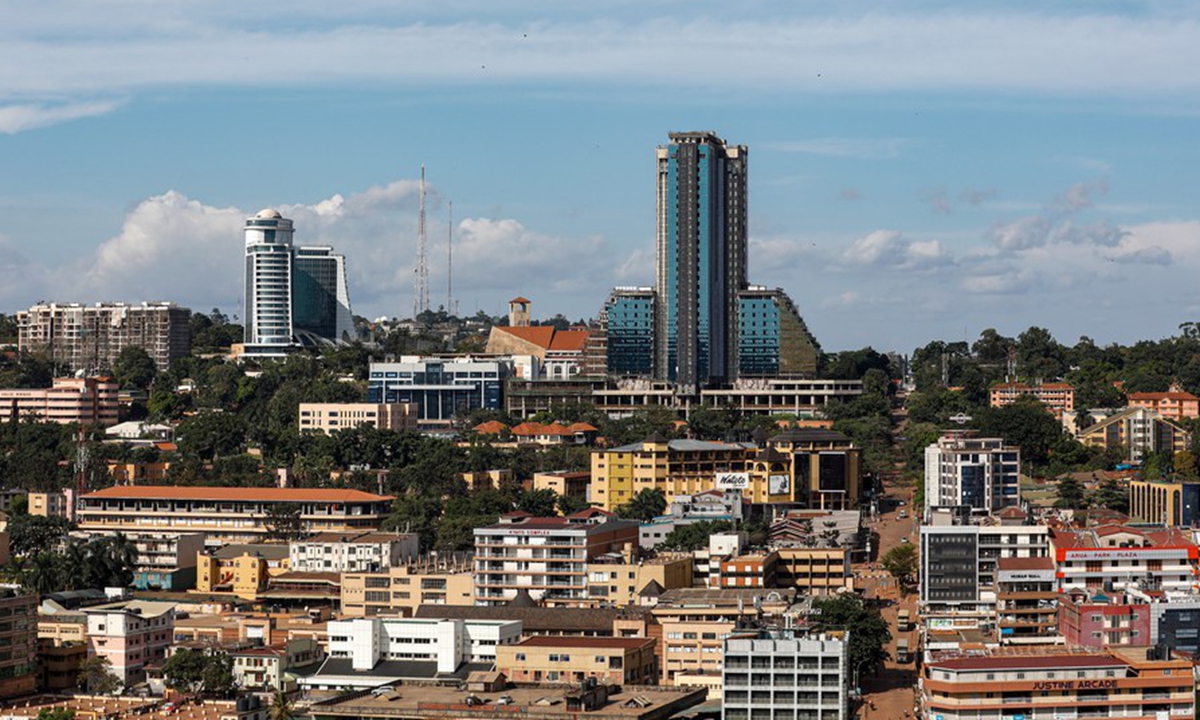

 A selection of almond croissants at Gontran Cherrier, a French-inspired bakery in Beijing on April 25, 2024. /CGTN
A selection of almond croissants at Gontran Cherrier, a French-inspired bakery in Beijing on April 25, 2024. /CGTN  A selection of multigrain and caramel-glazed croissants at Weiduomei, a local Chinese bakery in Beijing on April 25, 2024. /CGTN
A selection of multigrain and caramel-glazed croissants at Weiduomei, a local Chinese bakery in Beijing on April 25, 2024. /CGTN  A selection of traditional and trendy croissants at Bingoo Bakery in Beijing on April 26, 2024. /CGTN
A selection of traditional and trendy croissants at Bingoo Bakery in Beijing on April 26, 2024. /CGTN  A selection of sausage croissants and other pastries at Tous les Jours, a popular French-Asian inspired bakery in Beijing on April 25, 2024. /CGTN
A selection of sausage croissants and other pastries at Tous les Jours, a popular French-Asian inspired bakery in Beijing on April 25, 2024. /CGTN 



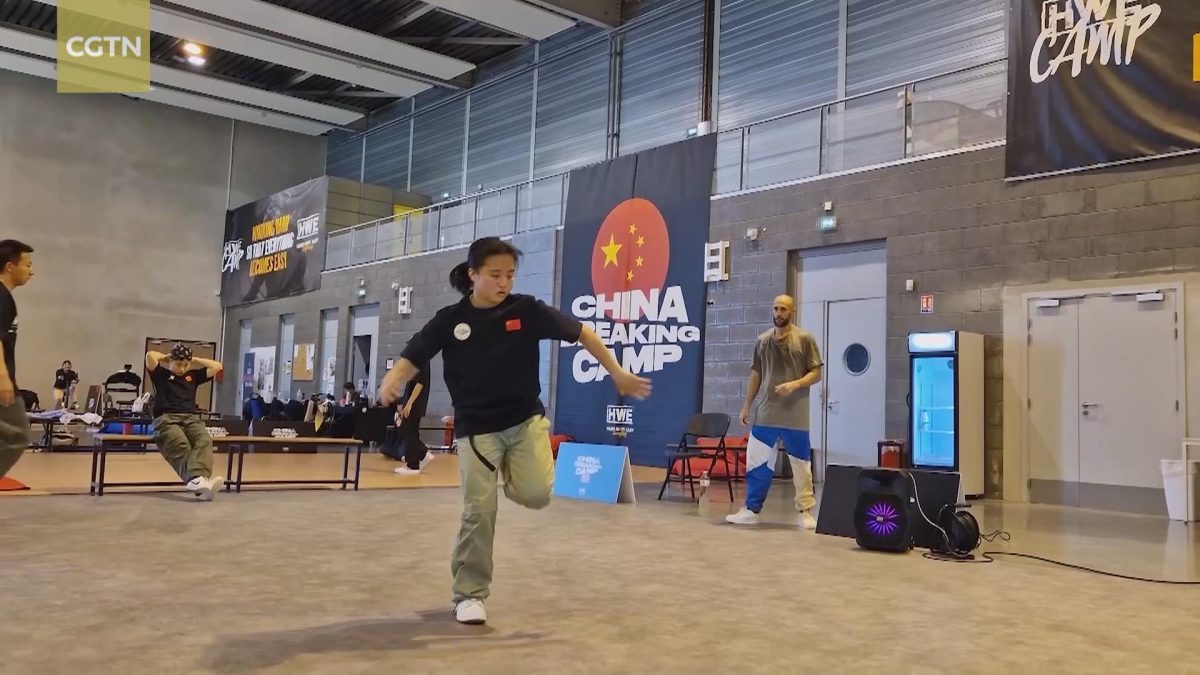

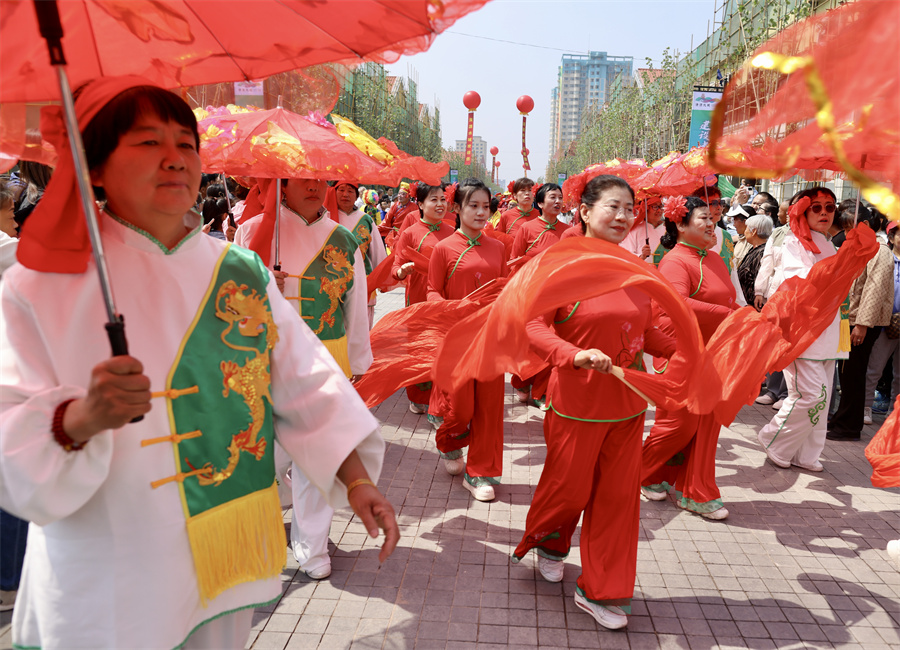
 Folk artists perform in Shehuo, a collection of traditional folk shows, in Qingxu county, Shanxi province, May 1, 2024. [Photo by Zhu Xingxin/chinadaily.com.cn]
Folk artists perform in Shehuo, a collection of traditional folk shows, in Qingxu county, Shanxi province, May 1, 2024. [Photo by Zhu Xingxin/chinadaily.com.cn]
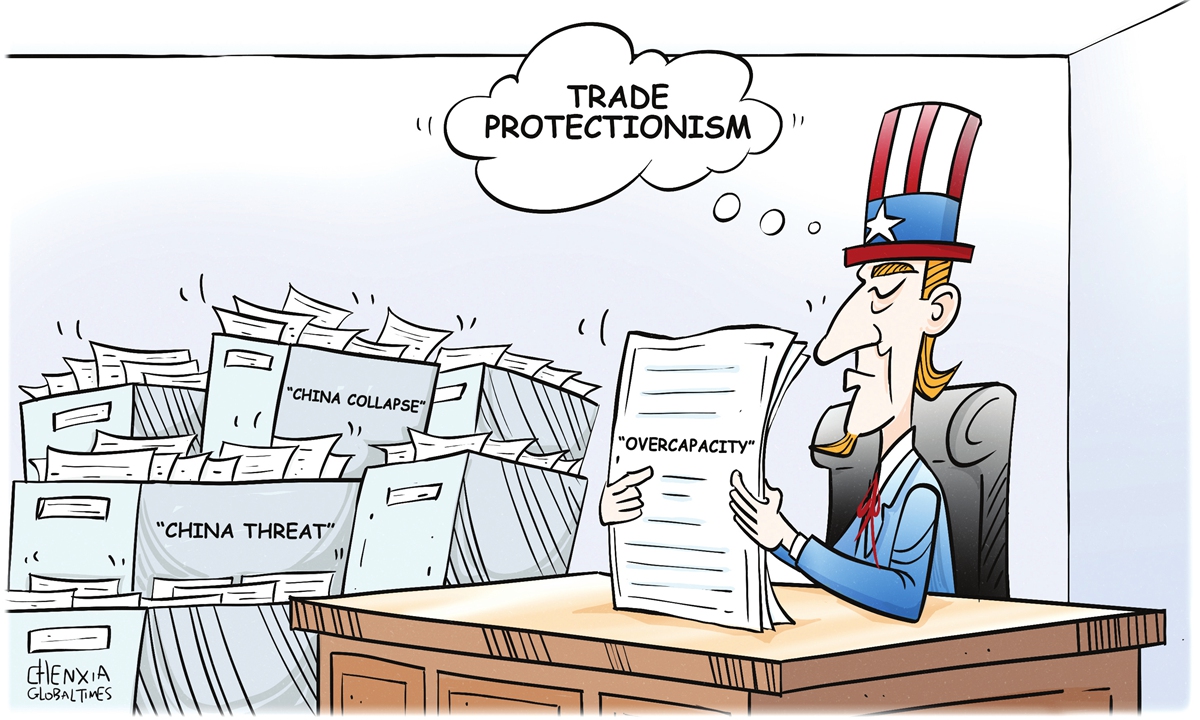
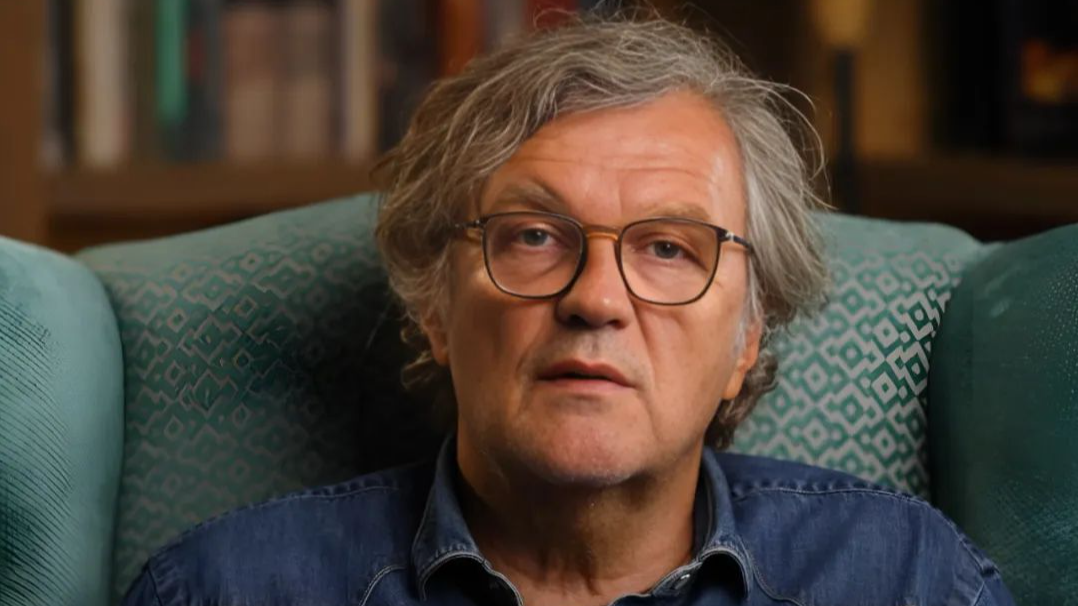
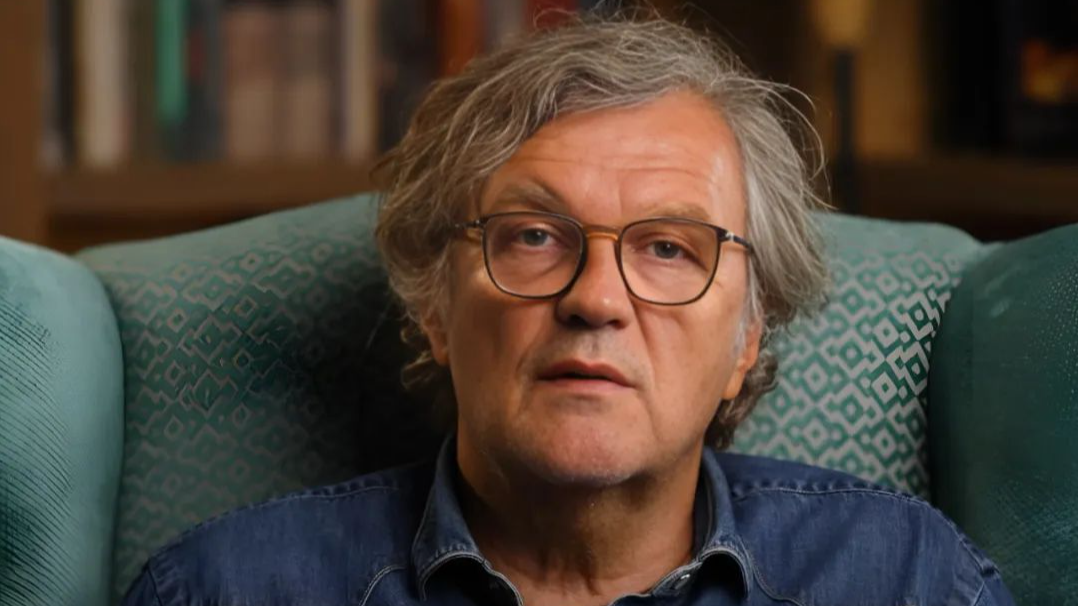 A photo shows Serbian film director Emir Kusturica. /BJIFF
A photo shows Serbian film director Emir Kusturica. /BJIFF  A poster shows the eight films by Serbian director Emir Kusturica screened during the 14th Beijing International Film Festival. /BJIFF
A poster shows the eight films by Serbian director Emir Kusturica screened during the 14th Beijing International Film Festival. /BJIFF  A still from Kusturica’s documentary “Maradona.” /BJIFF
A still from Kusturica’s documentary “Maradona.” /BJIFF